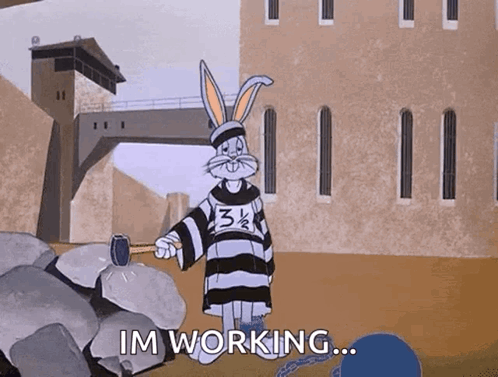“The Lure of the Shadow Career”
What is a Shadow Career and how do you know you have one?
What is a Shadow Career and how do you know you have one? I learned what a shadow career was through the writings of Steven Pressfield, a writer and author about the creative life. He coined the term “shadow career” to mean a job or calling we take on while running away from our true calling in life. While I read this work by Pressfield, I was in the pr…



